Toyota presents concepts for its six planned BEVs in Europe in 2026
A team of global and European executives presented the Toyota innovations at an event called Kenshiki (Japanese for “insight”) these days. In addition to the currently only BEV model bZ4X and a production model based on the bZ Compact SUV Concept presented in autumn 2022, Toyota Motor Europe (TME) gave a preview of two further models with two other studies called Urban SUV Concept and Sport Crossover Concept. This means that four of the six BEVs are now known at least on the basis of studies.
Together with the light commercial vehicles, the Japanese manufacturer aims to have a total of 15 zero-emission models on the market under the Toyota brand in Europe by 2026 and to achieve a BEV share of over 20 per cent with sales of more than 250,000 electric vehicles per year.
According to Toyota, the Urban SUV Concept is already intended to show the near-series design of the electric SUV announced for 2024. The manufacturer believes that the model has what it takes to conquer one of the largest BEV market segments in Europe next year. It is intended to “build on the success of the hybrid-electric Toyota Yaris Cross, one of the best-selling models in its class”, according to an accompanying press release. Technical details are not yet available. Toyota merely states that the model will be available in several drive variants (including all-wheel drive) and two battery options.
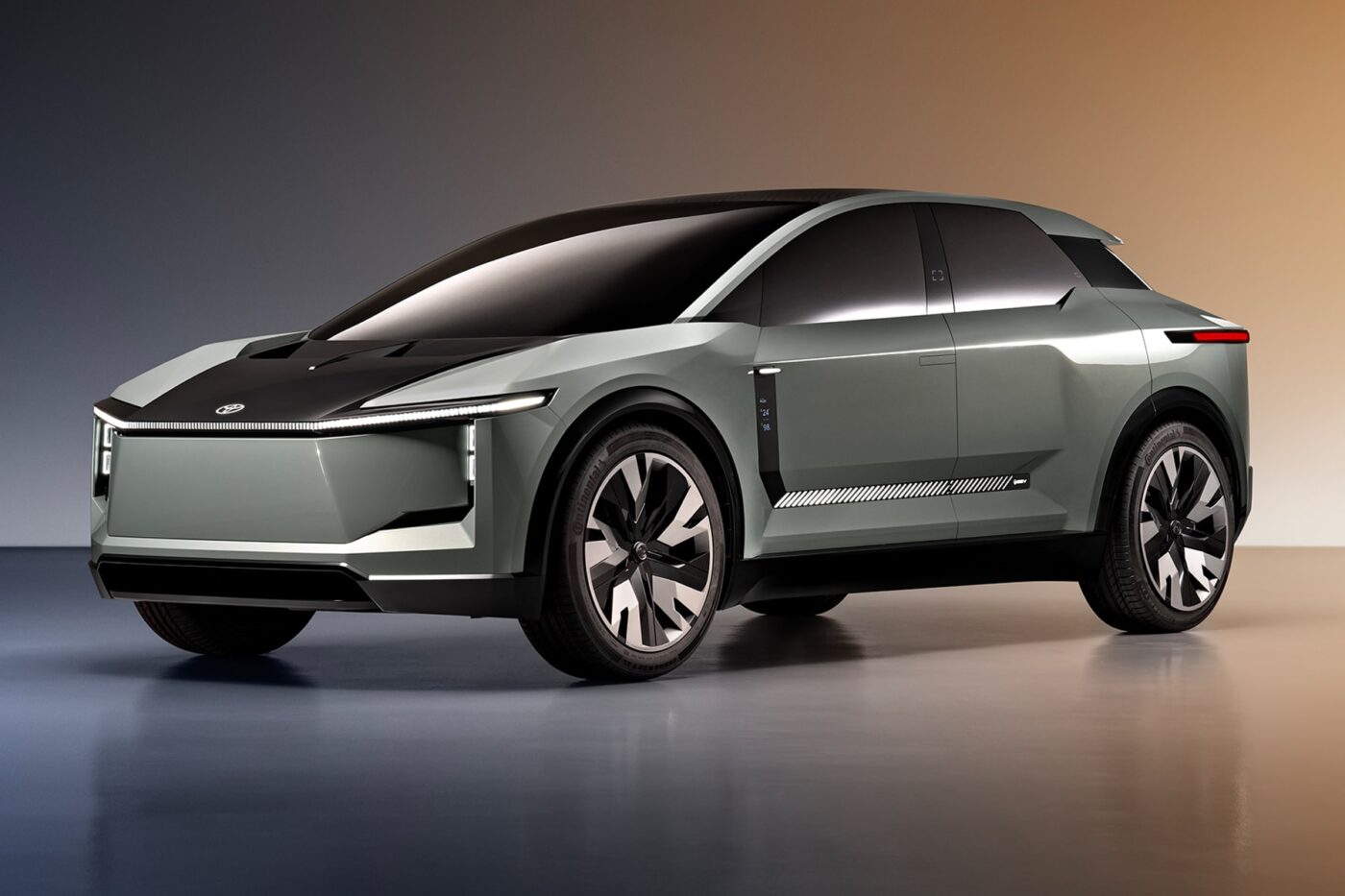
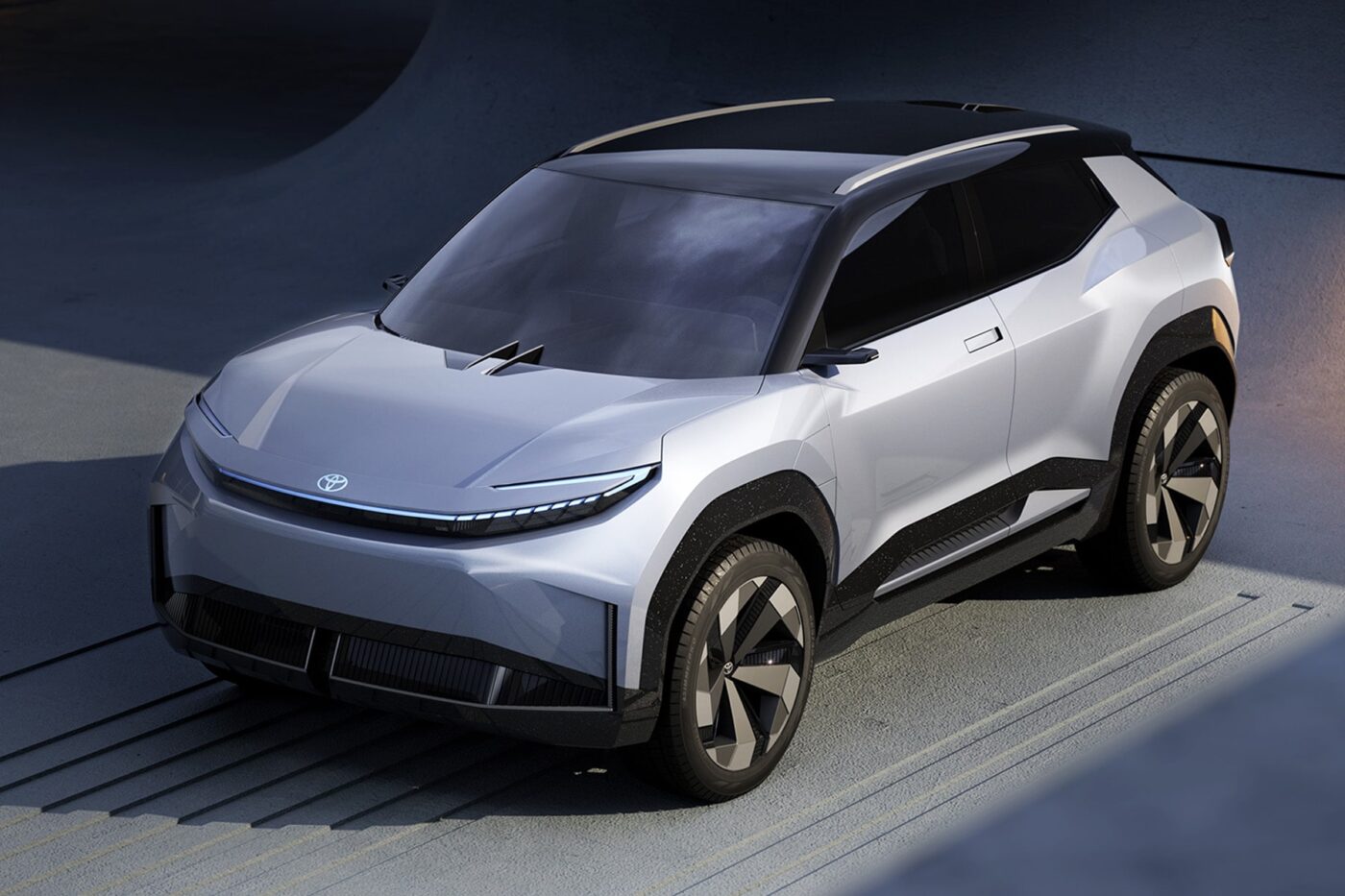
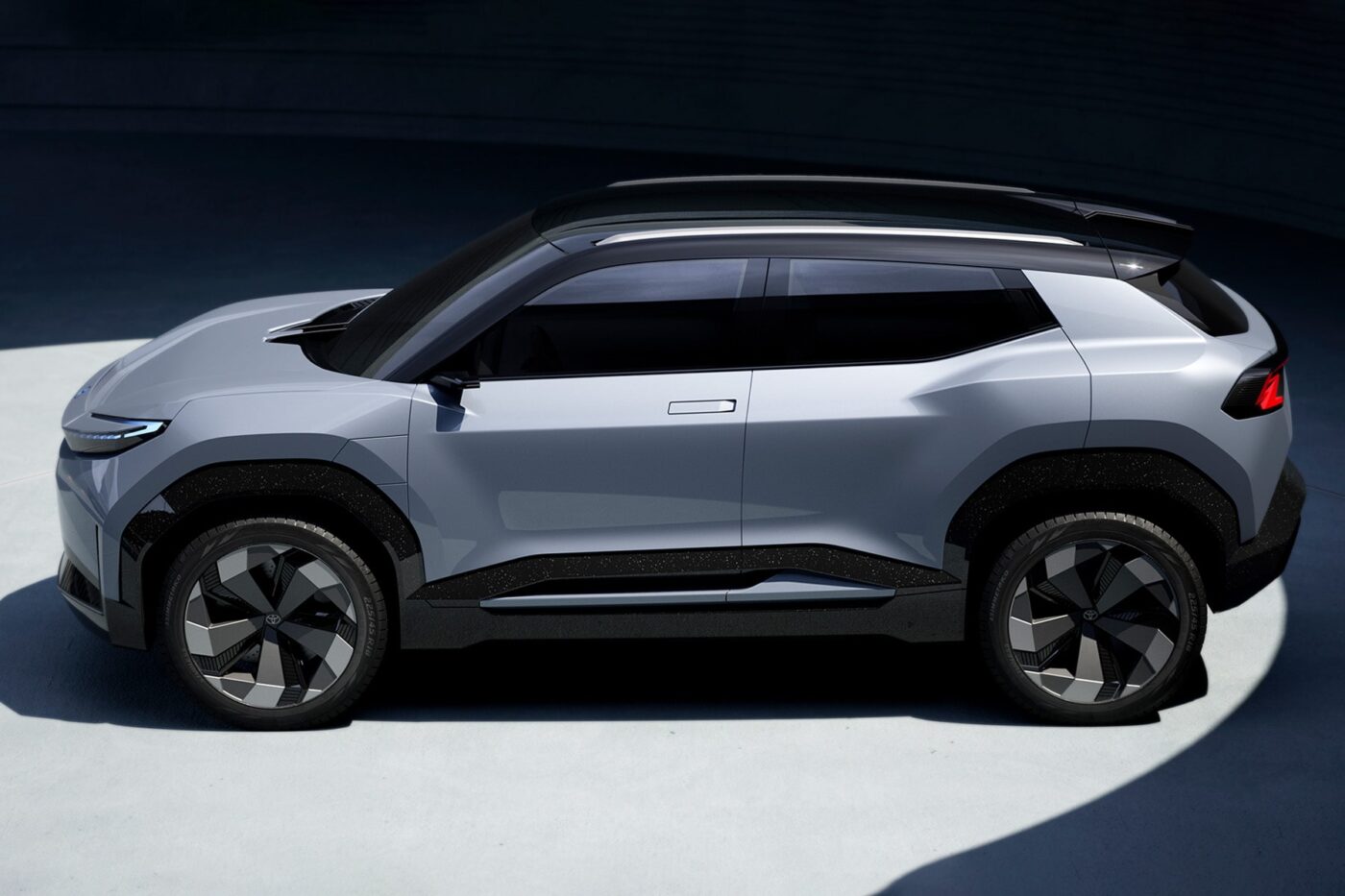
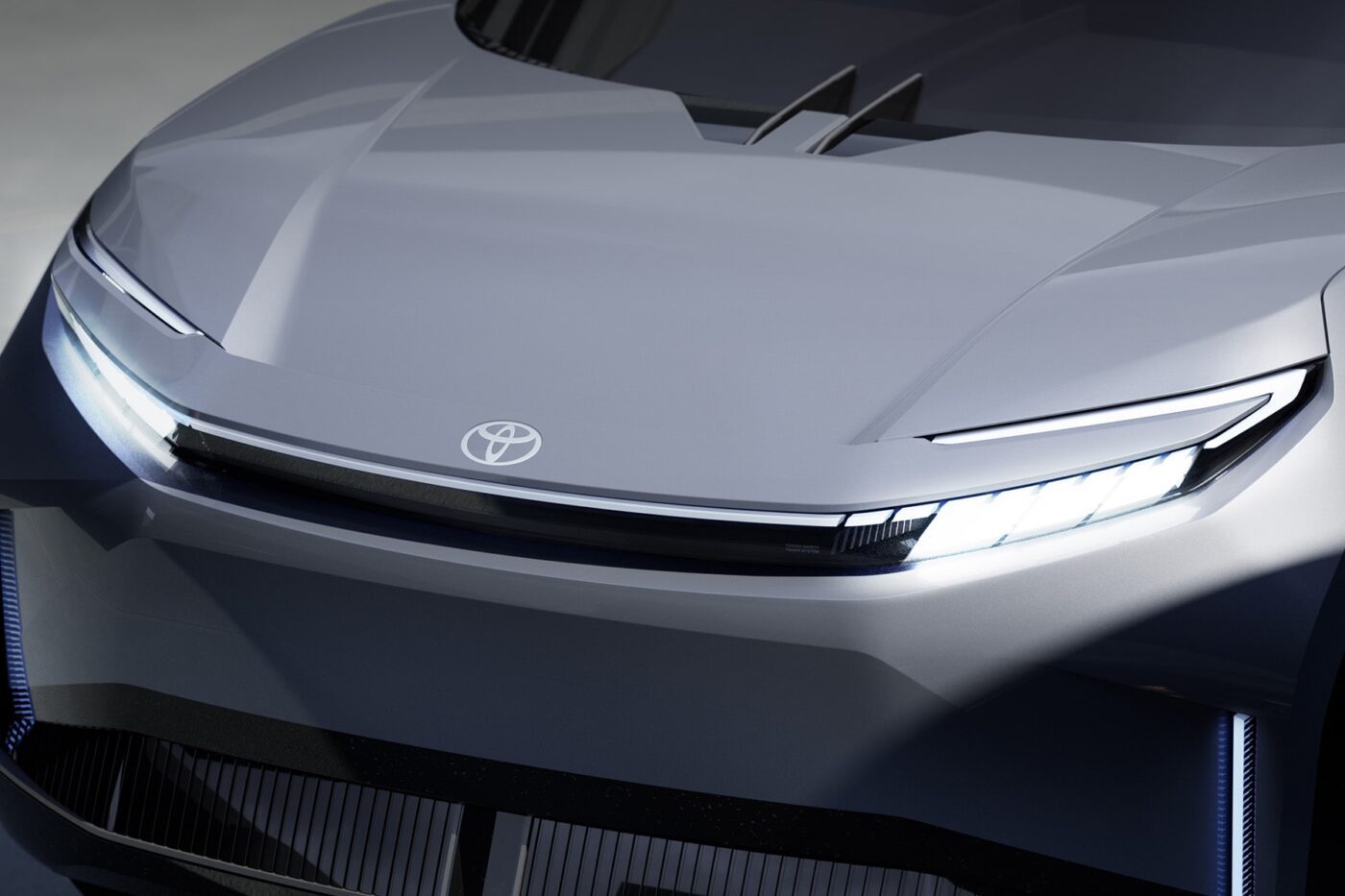
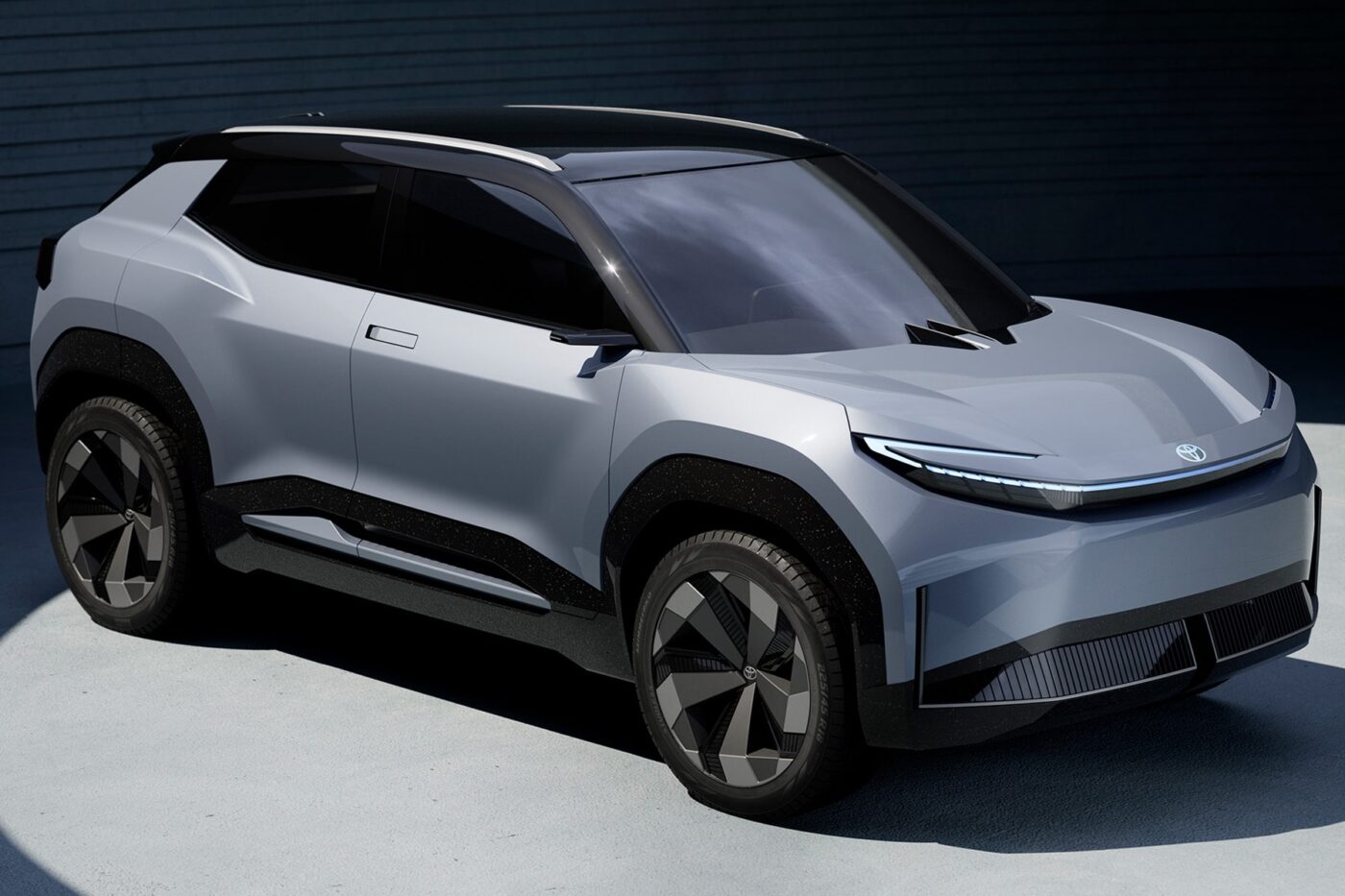
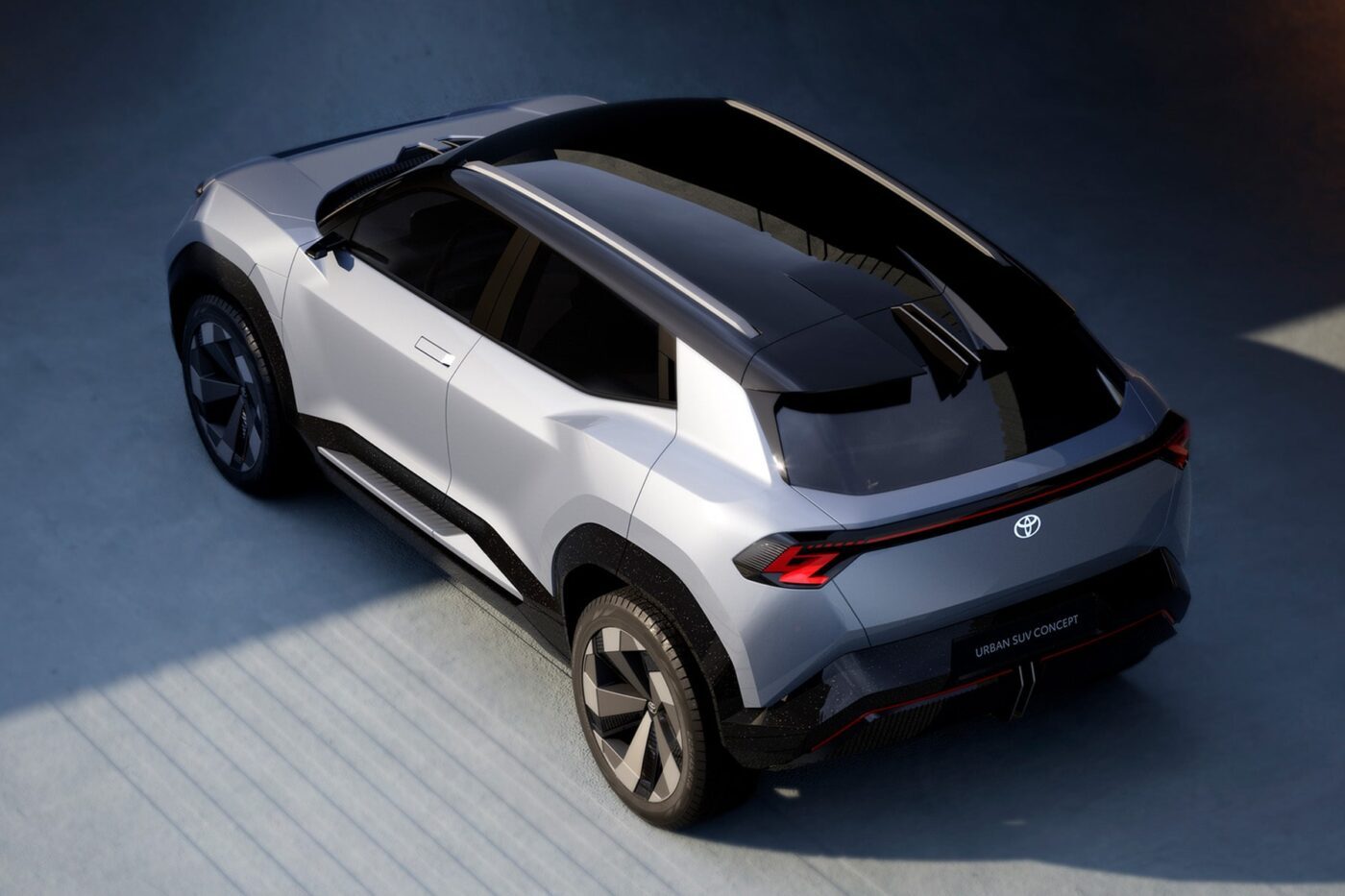
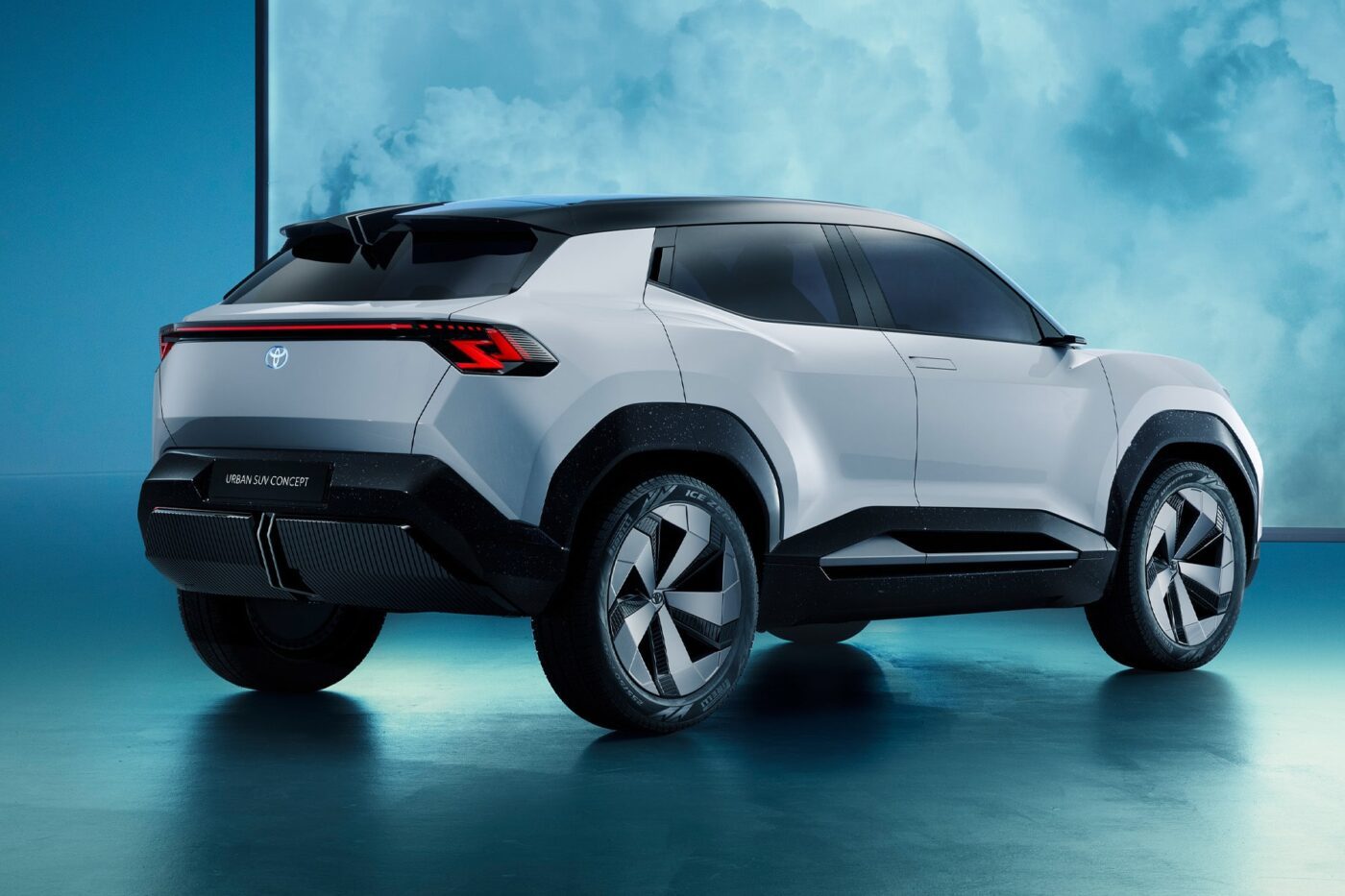
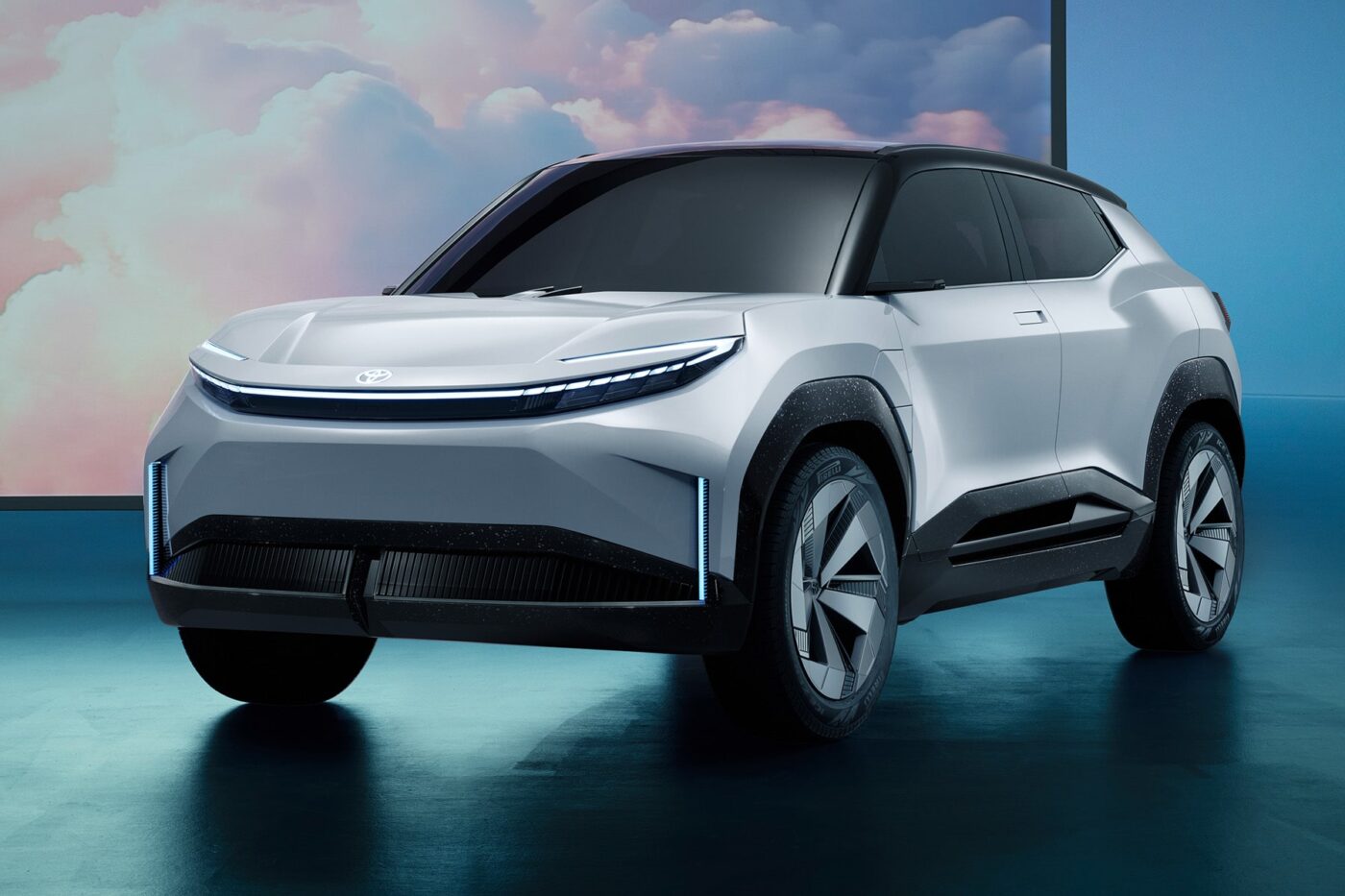
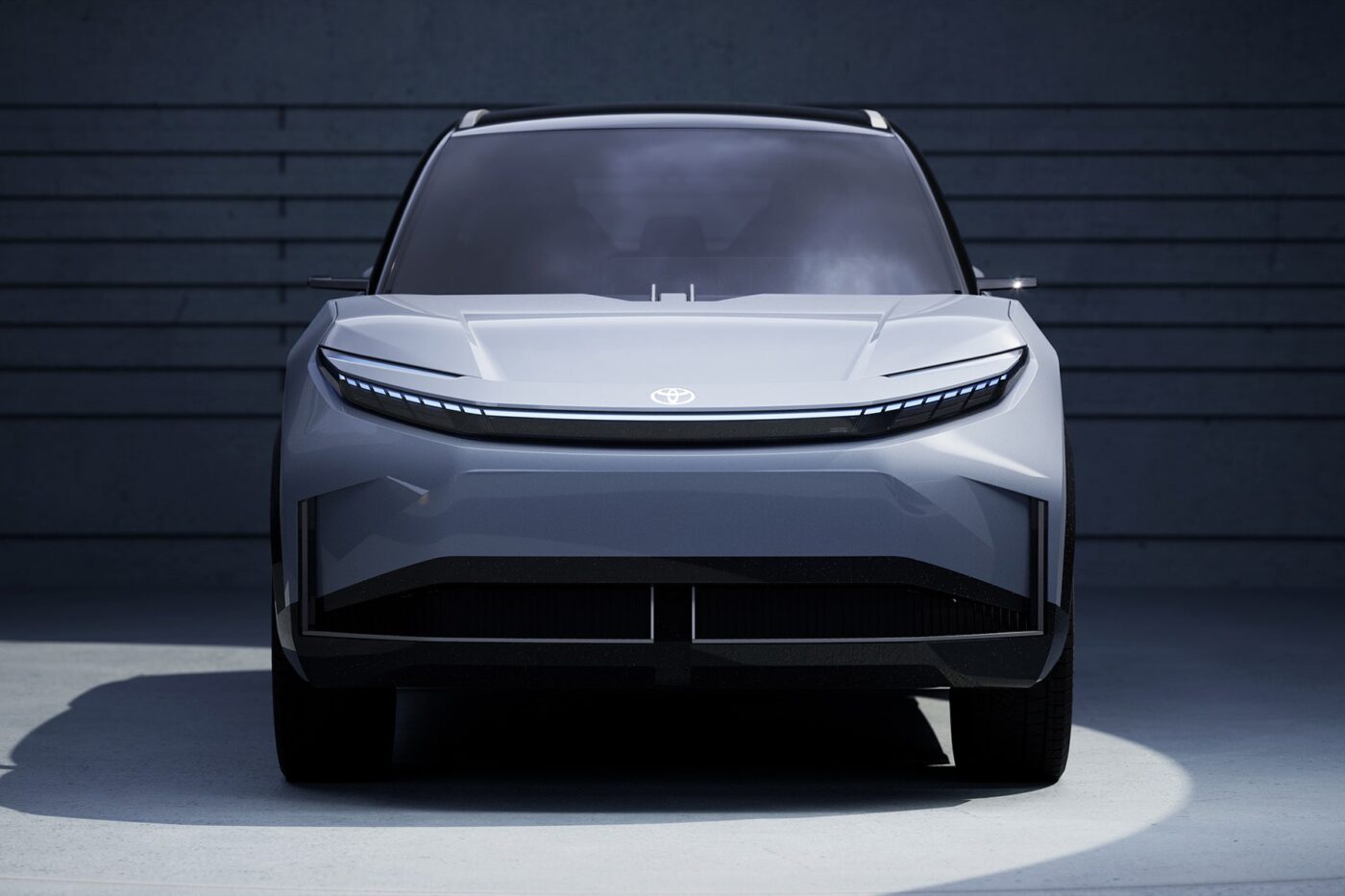
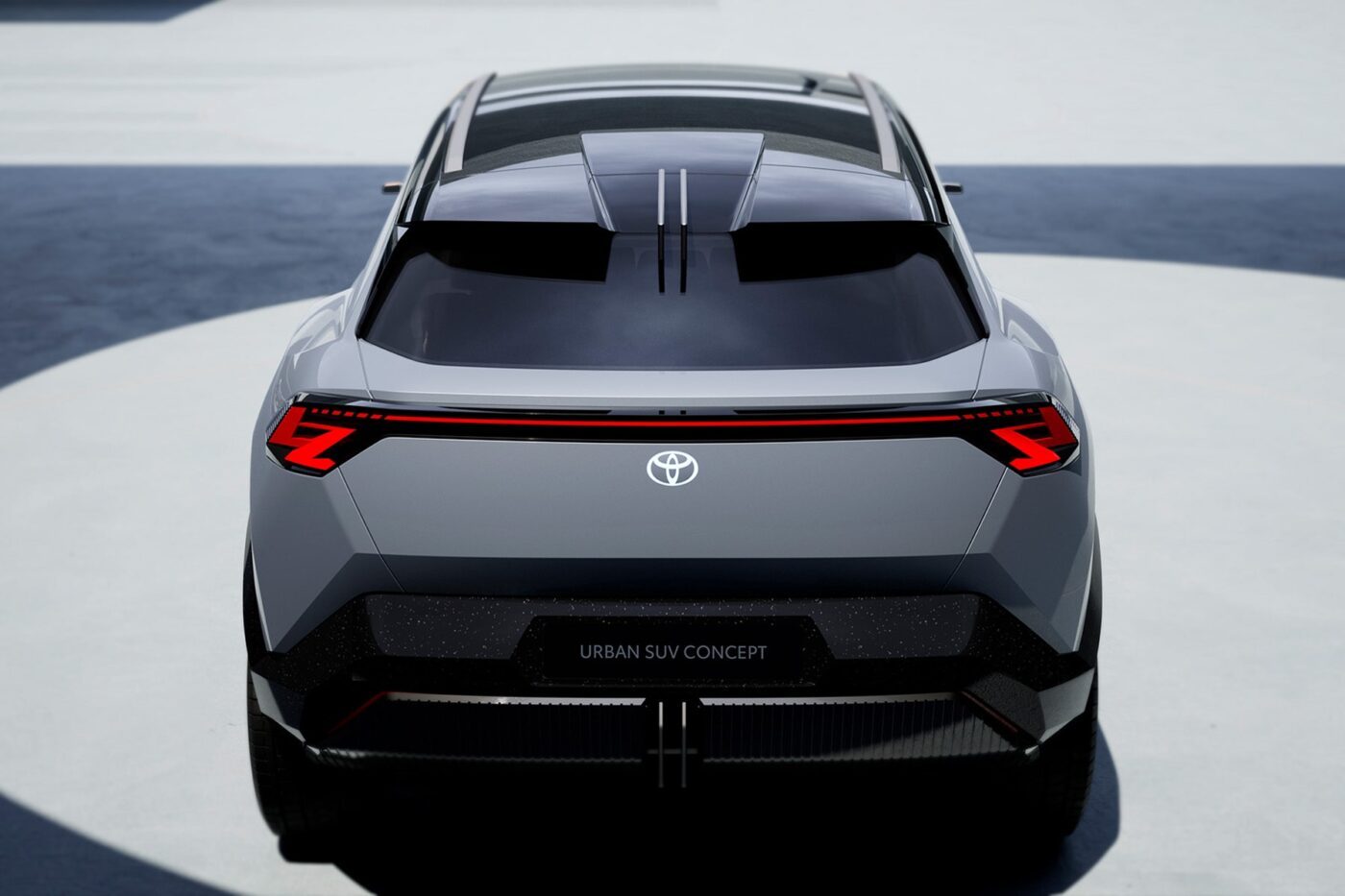
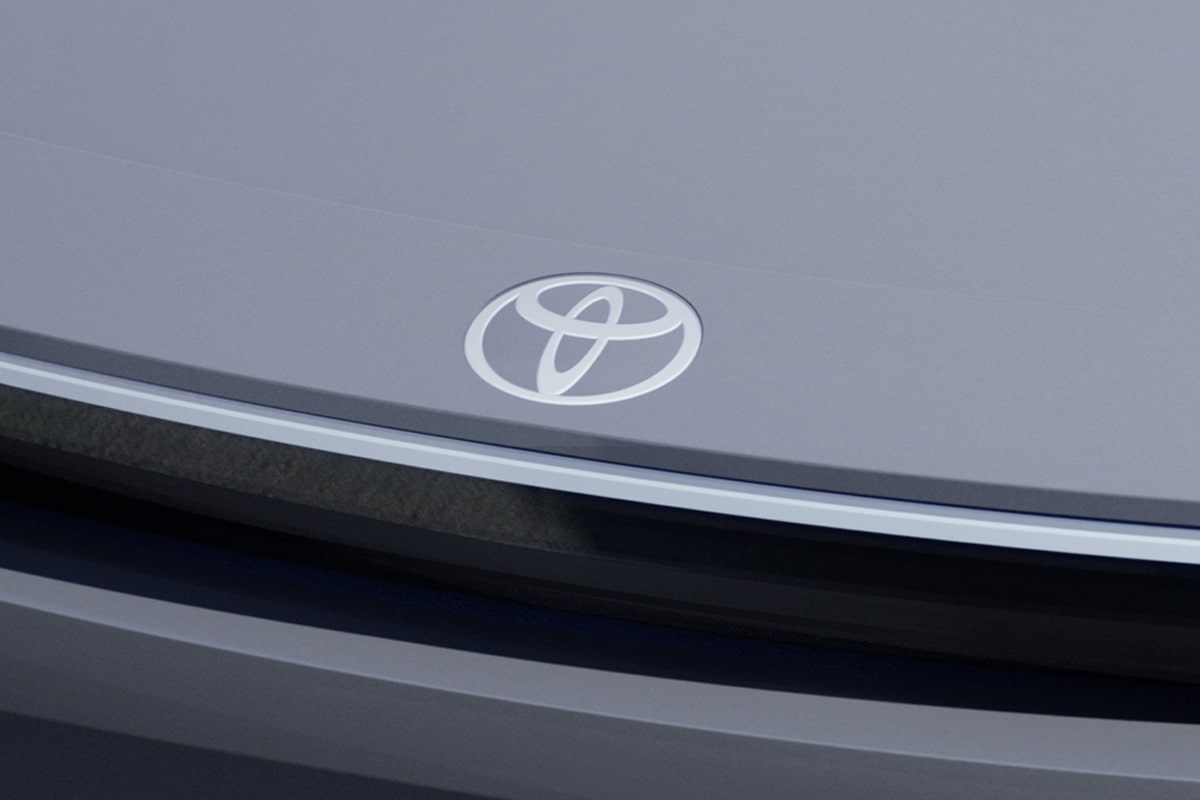
Information on the Sport Crossover Concept is even sparser. With its striking fastback profile, Toyota wants to position this as an alternative to the SUV models. The launch in Europe is planned for 2025.
In addition to the two concept vehicles, other battery-electric Toyota and Lexus vehicles were on display at the event, “which will be seen on European roads in the coming years and will lead the next generation of battery-electric vehicles from Toyota and Lexus”, as the Japanese company announced. These include the already well-known Lexus LF-ZC concept, the Toyota FT-Se electric sports car concept and the Toyota FT-3e future concept. The cornerstone of the new BEV generation will be a modular design architecture that combines a Gigacast chassis, the minimization of components and a new operating system.
The FT-3e is the most advanced of these. According to Toyota, it is a “technical study that encompasses the entire spectrum of future technologies,” minimizes weight, maximizes aerodynamic performance and “controls costs”. The FT-3e is intended to investigate how cars could offer more than just mobility in the future by networking with society and enabling the transfer of energy and data.
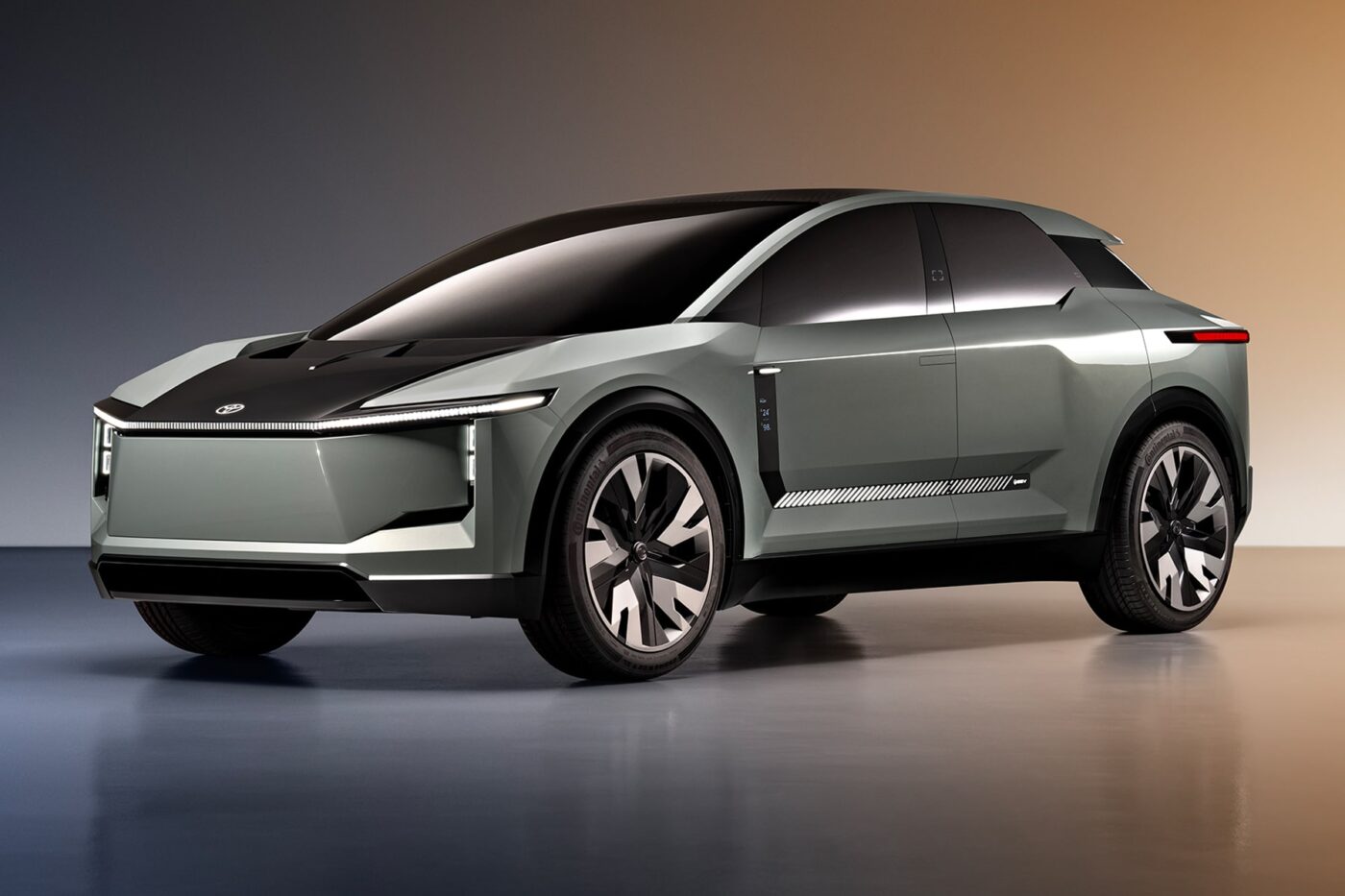
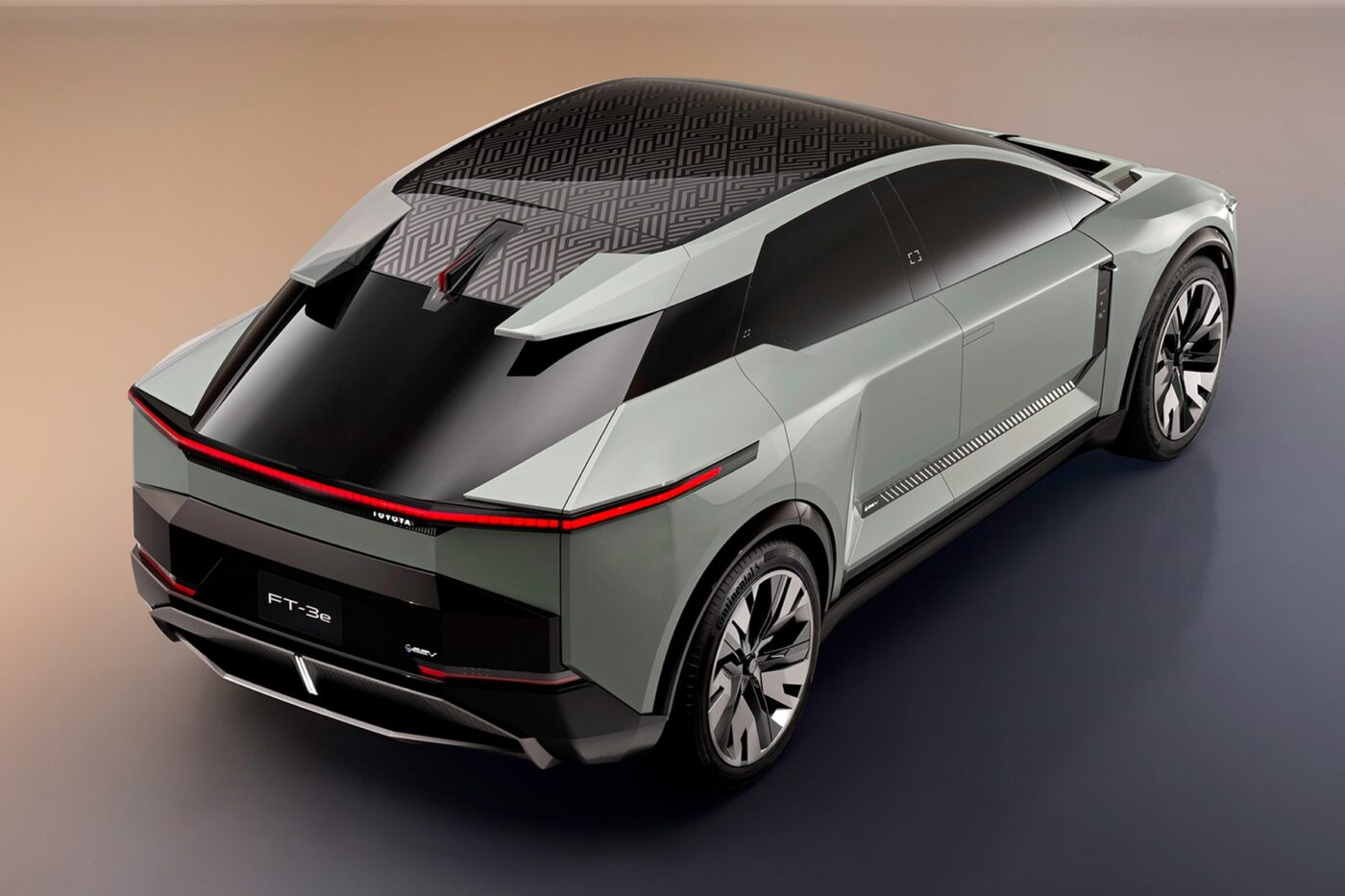
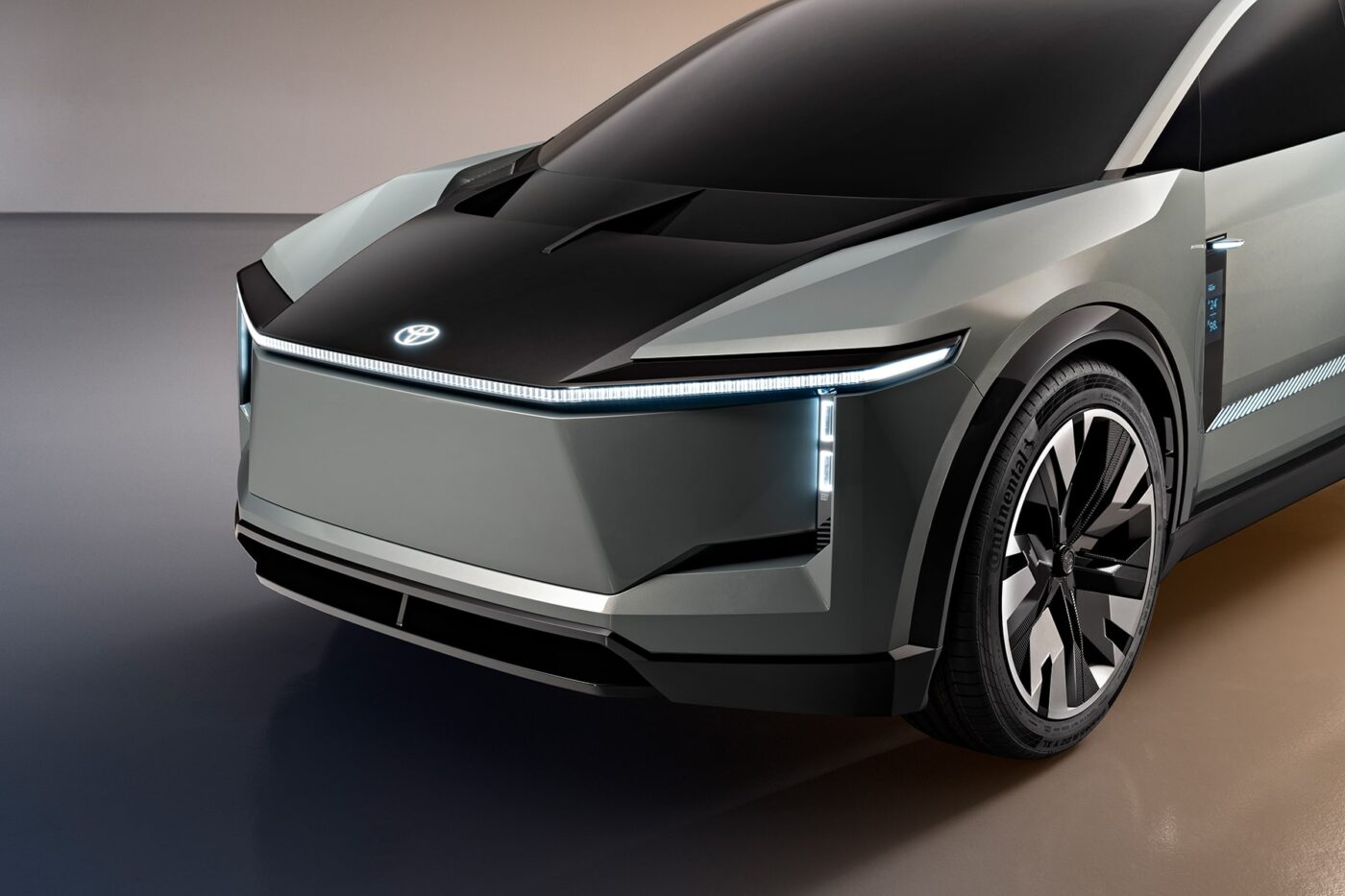
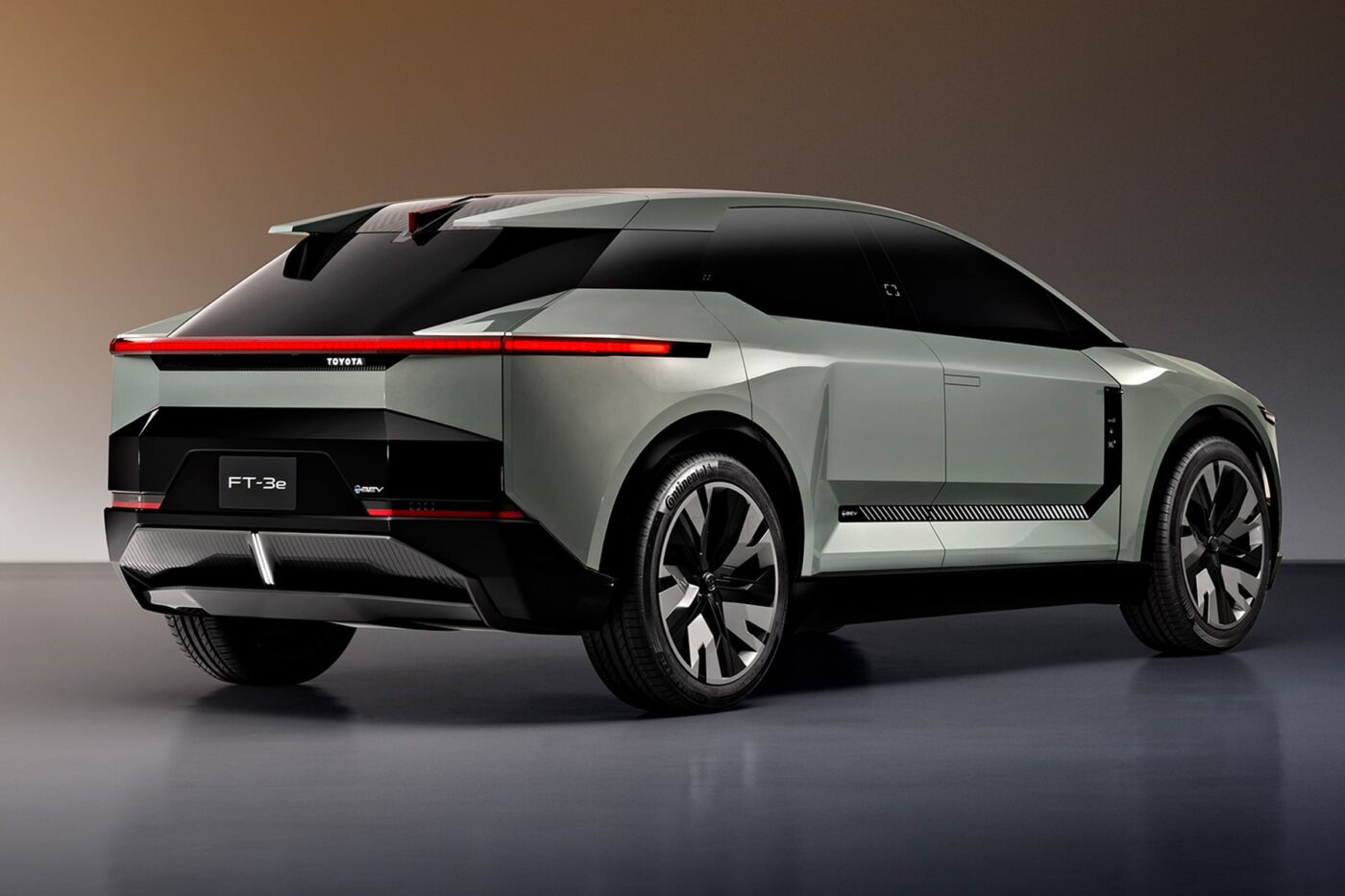
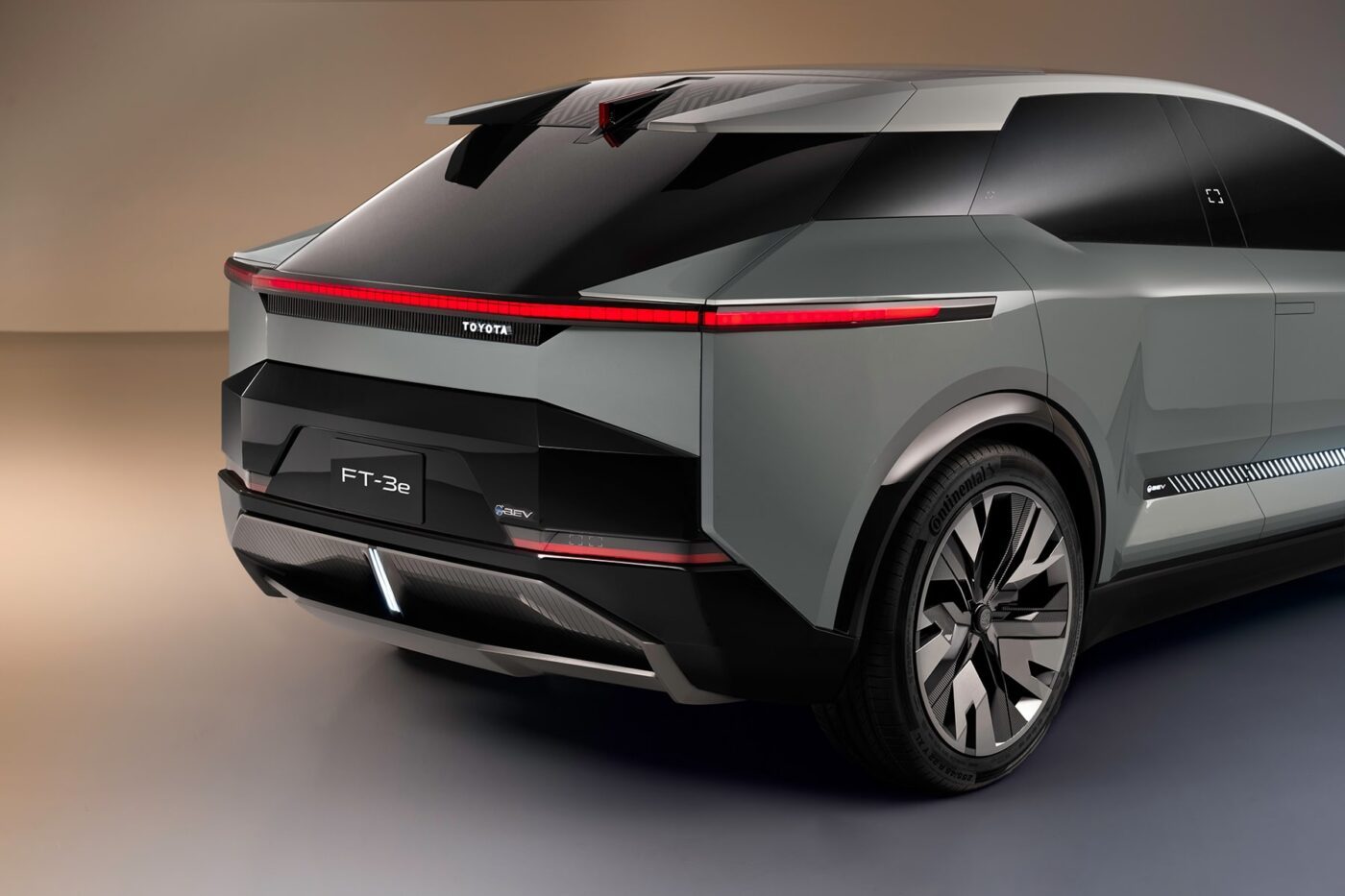
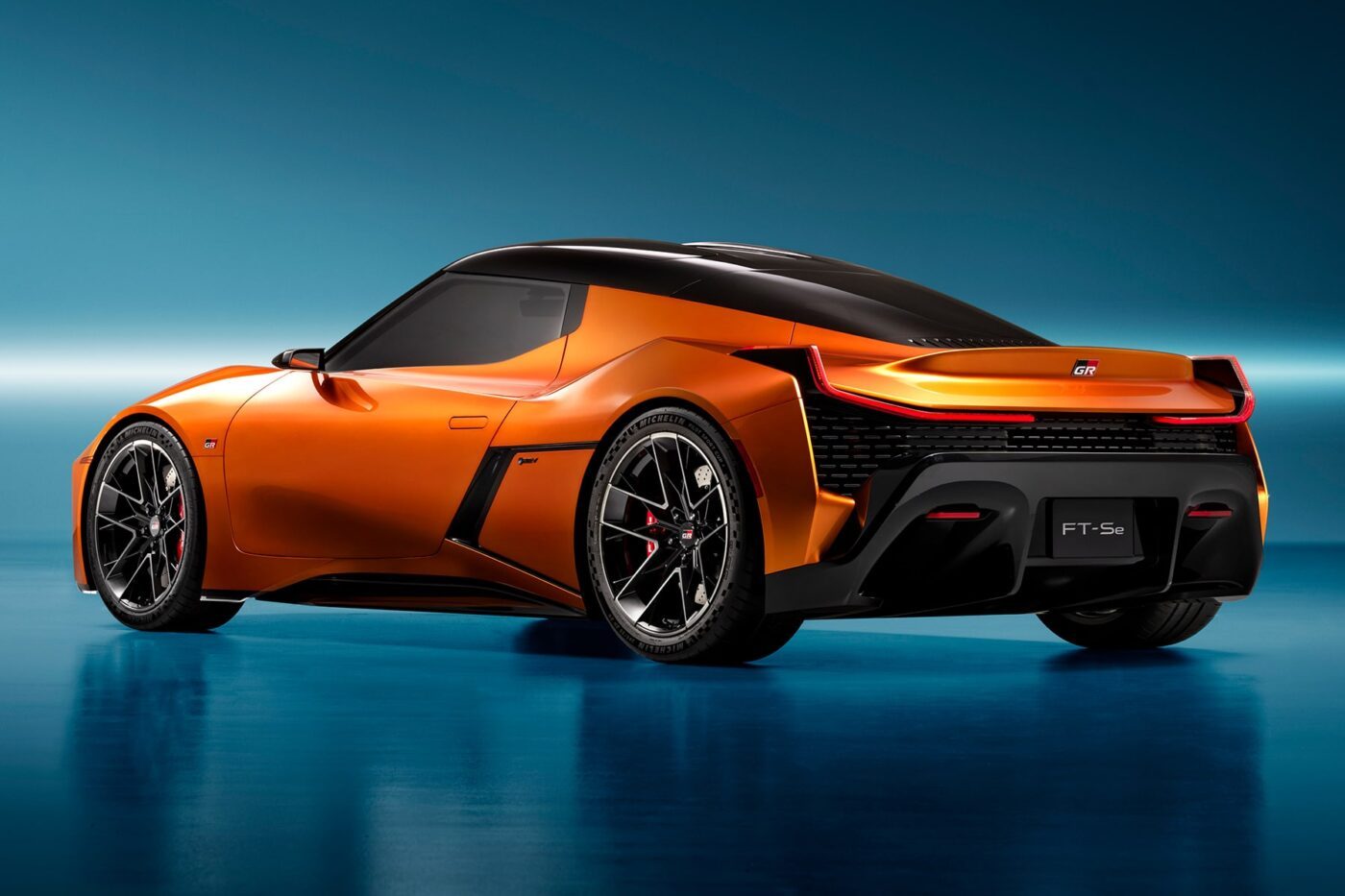
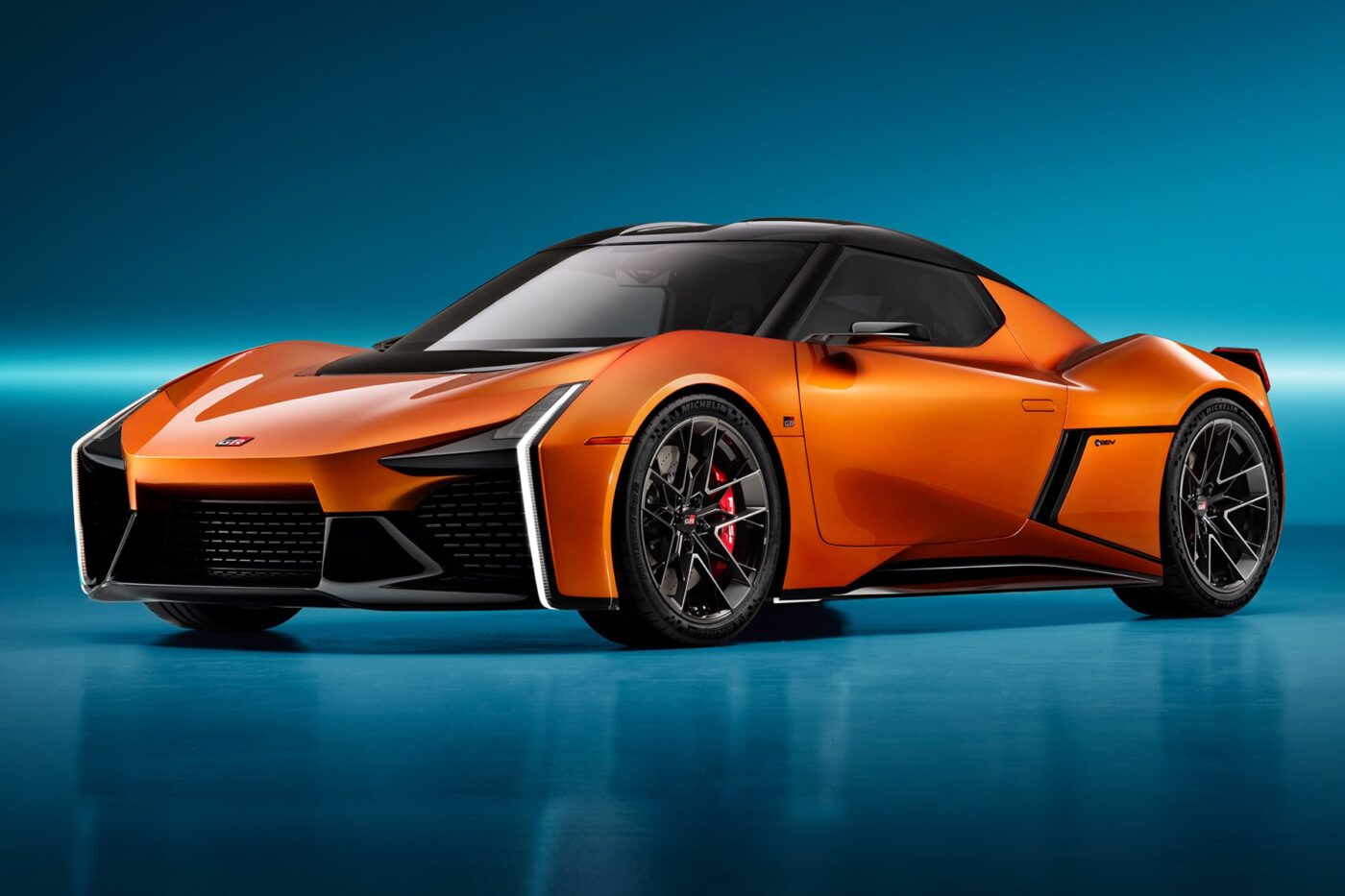
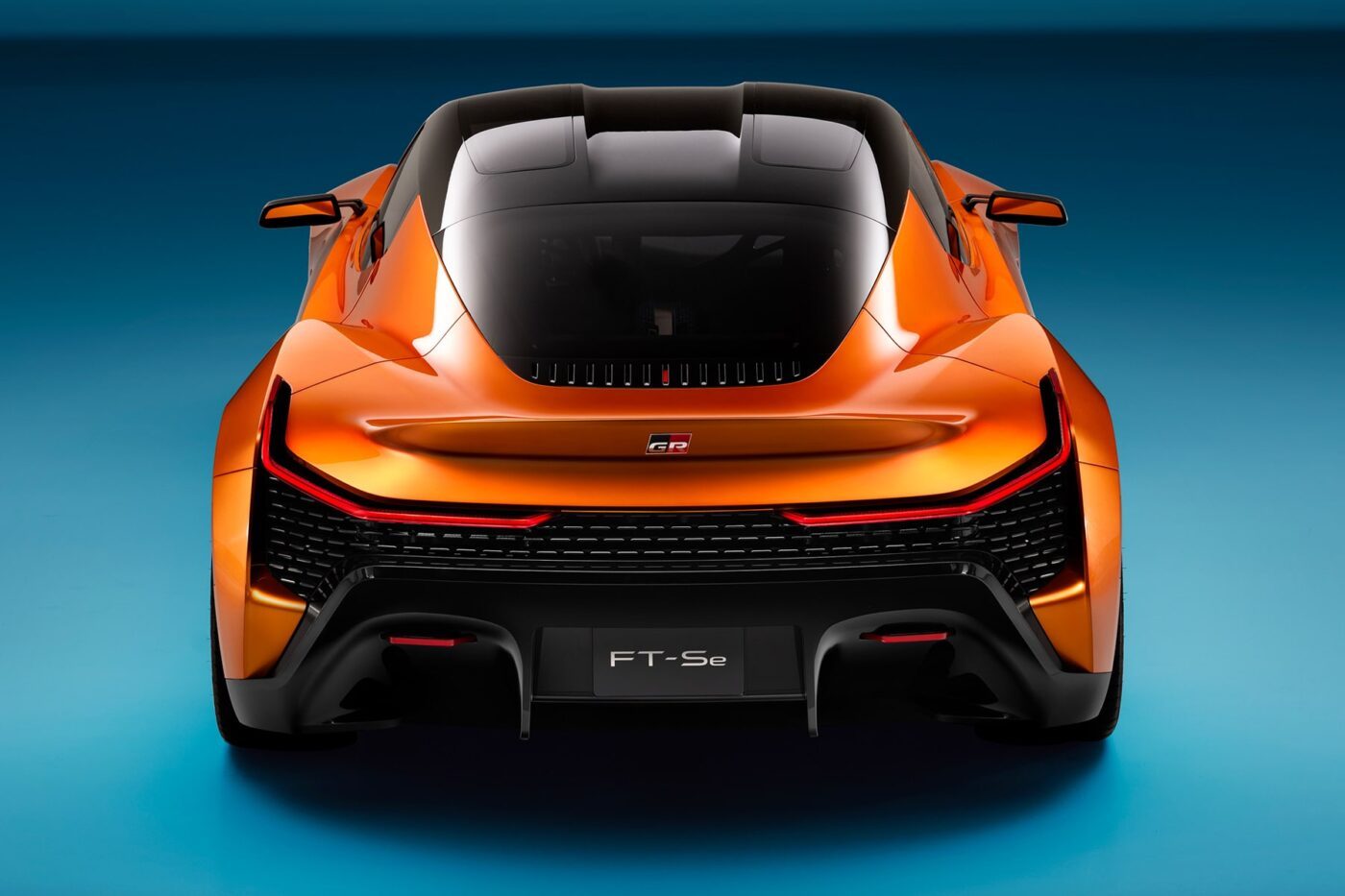
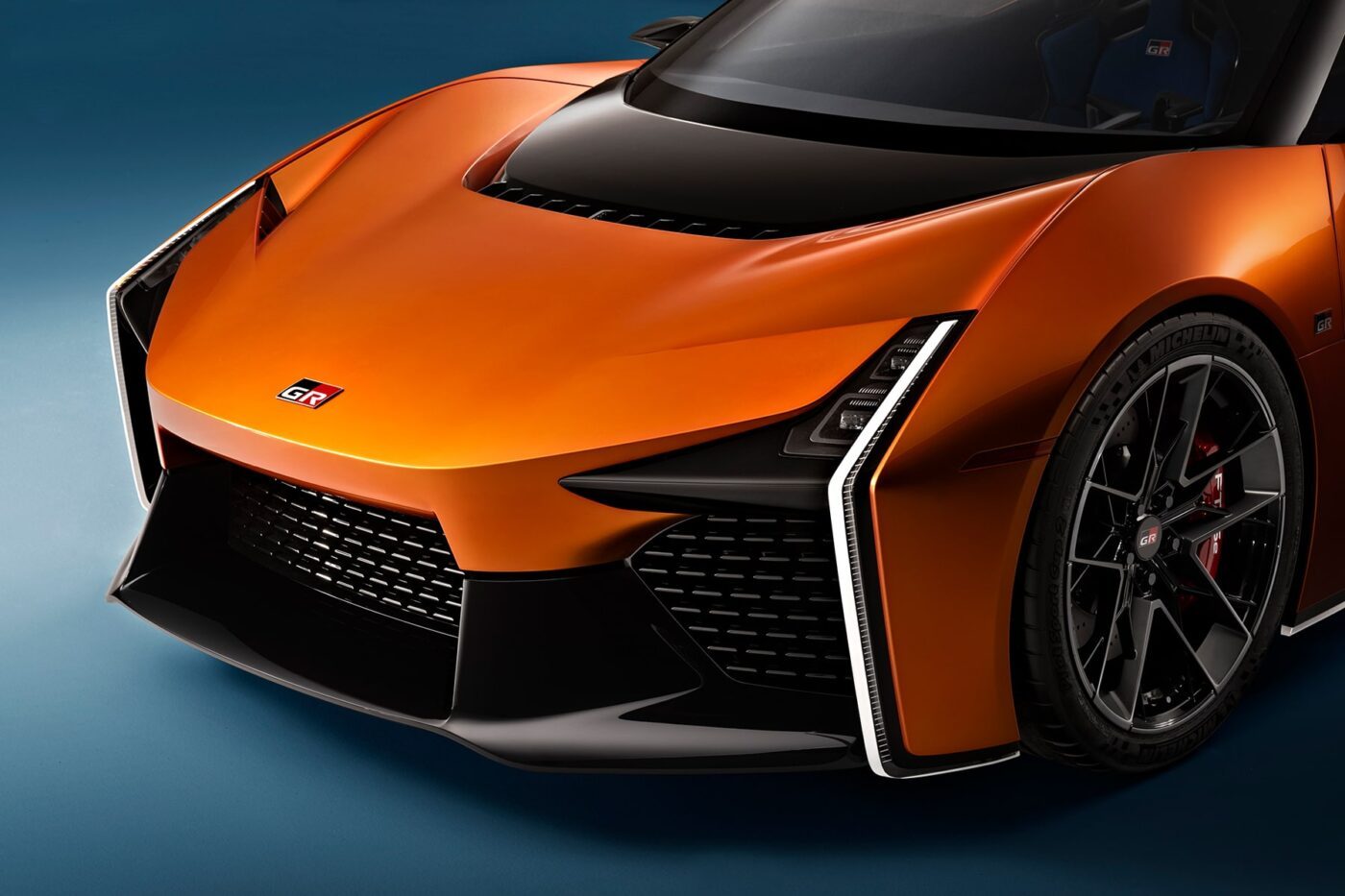
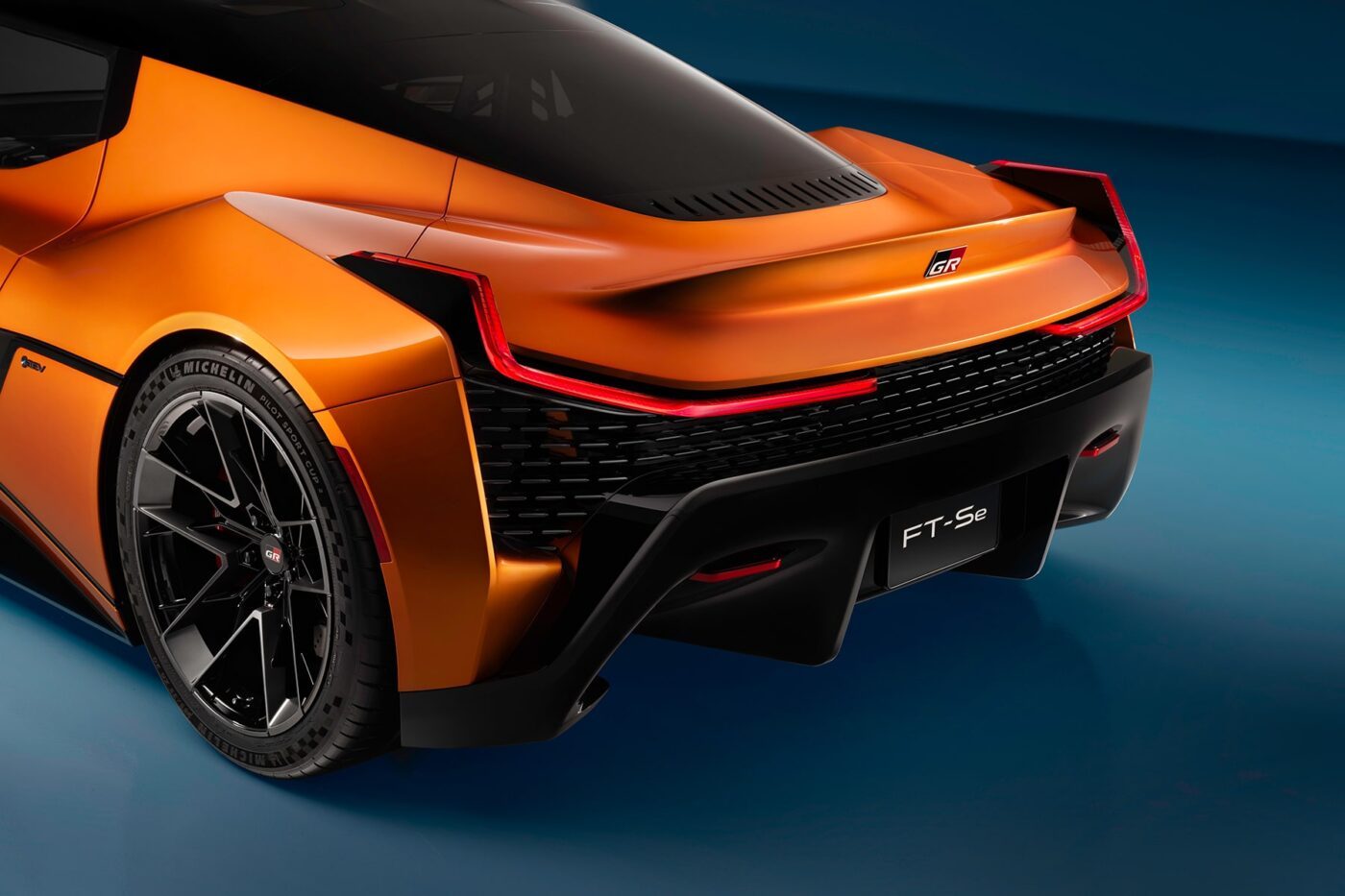
Yoshihiro Nakata, President and CEO of Toyota Motor Europe, commented on the medium-term product planning as follows: “Whilst we will continue to offer multiple carbon reduction technologies, we will also steadily increase the number of zero-emissions vehicles we offer to customers.” In Europe, the share of electrified vehicles at Toyota is already 71 per cent and is expected to rise to 75 per cent by 2024, with the share of new battery-electric vehicles in sales figures set to increase further.
From Nakata’s words, it sounds like Toyota is sticking to its multi-track approach with a mix of hybrids, plug-in hybrids, BEVs and hydrogen vehicles. In fact, the manufacturer continues to talk about a “multi-pathway” strategy, with new battery and fuel cell electric vehicles “reinforcing” the multi-track approach to climate neutrality. Toyota wants to increase the importance of zero-emission vehicles within the mix. Incidentally, this also includes hydrogen combustion engines and e-fuels.
As far as the battery technology used is concerned, Toyota has announced that it is preparing to introduce a series of new batteries. First of all, a new high-performance version of a conventionally structured battery is to be released, which “offers twice the range and a cost reduction of 20 per cent compared to the current bZ4X”, according to the company. This will be followed by a low-cost LFP battery, which is intended to contribute to the spread of BEVs. “It will have a new shape and a bipolar structure and will increase the range by 20 per cent and reduce costs by 40 per cent compared to bZ4X.”
With the third battery to be introduced at Toyota, the carmaker wants to focus on high performance, using bipolar technologies and a cathode with high nickel content. This battery is expected to offer even lower costs and a greater range. The Japanese company also announced the market launch of the first solid-state battery for 2027-2028.
“We have made a technological breakthrough that overcomes the long-standing challenge of solid state battery durability. A method for mass production is currently being developed and we are striving for commercialisation in 2027-2028 with production capacity of several tens of thousands of vehicles,” commented Andrea Carlucci, Vice President of Toyota Motor Europe.
On the subject of hydrogen, Toyota remains confident that “with the momentum of the growing infrastructure and the availability of green hydrogen, we can contribute to the decarbonization of mobility in Europe”. In the passenger car segment, the company offers the Mirai and the Crown, which have just been launched in some markets. In the commercial vehicle segment, TME’s Hydrogen Factory Europe integrates its current FC technology into trucks, buses, boats and pickups. A FC prototype of the Hilux was on display at the event. Toyota has high hopes for the next generation of its fuel cell system, which should be ready for the market in 2026.
newsroom.toyota.eu (Strategie), newsroom.toyota.eu

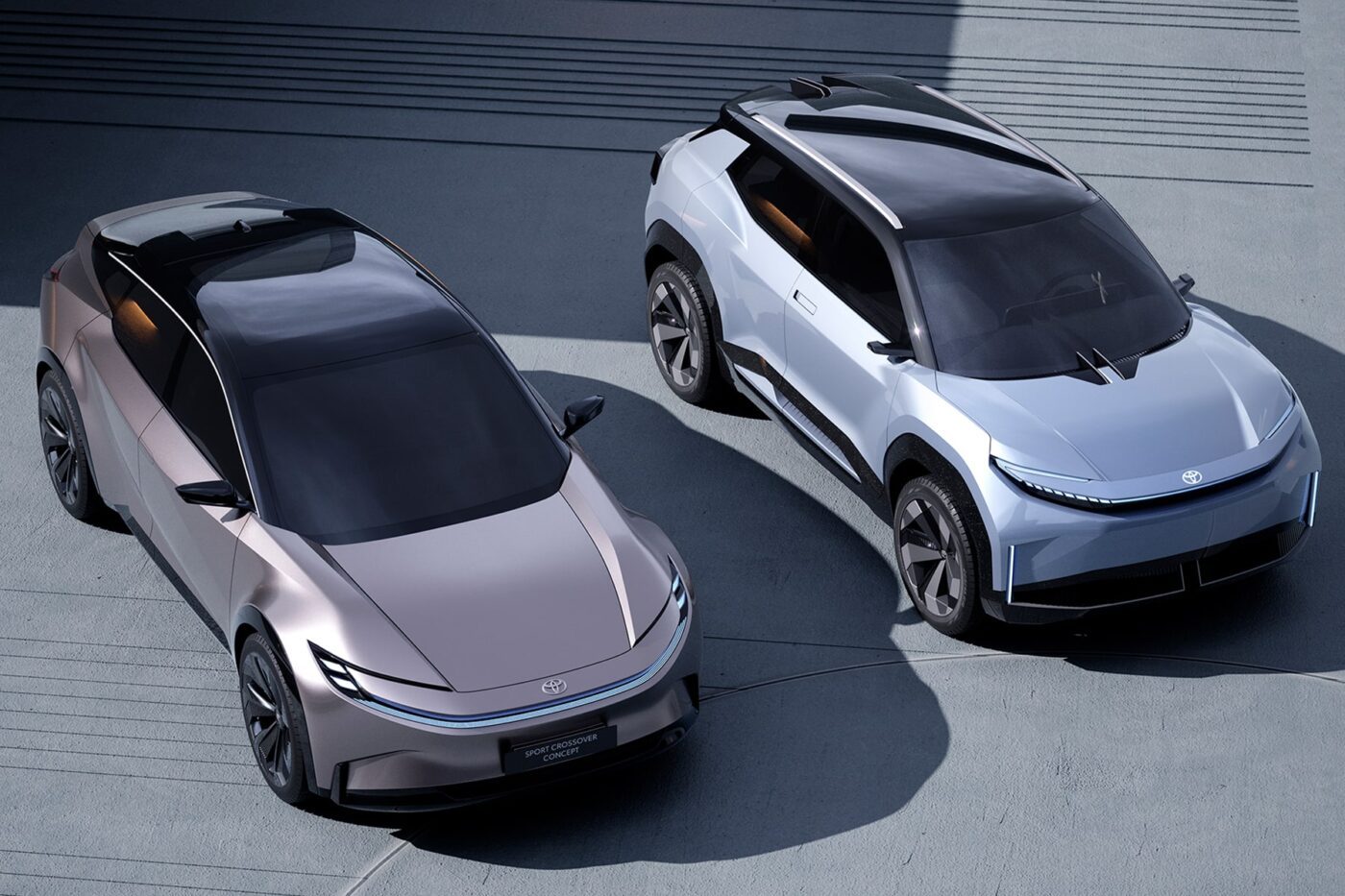



1 Comment